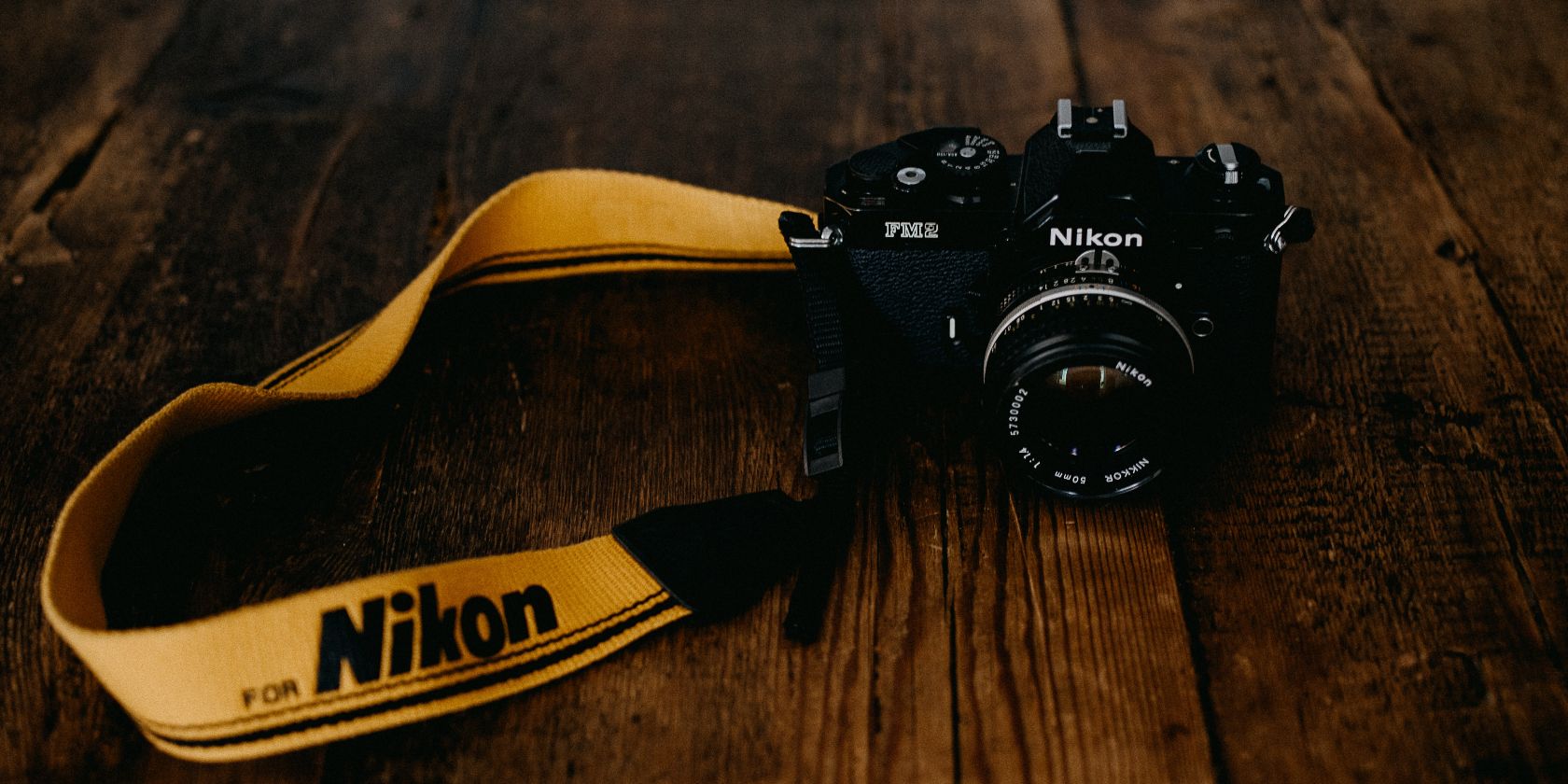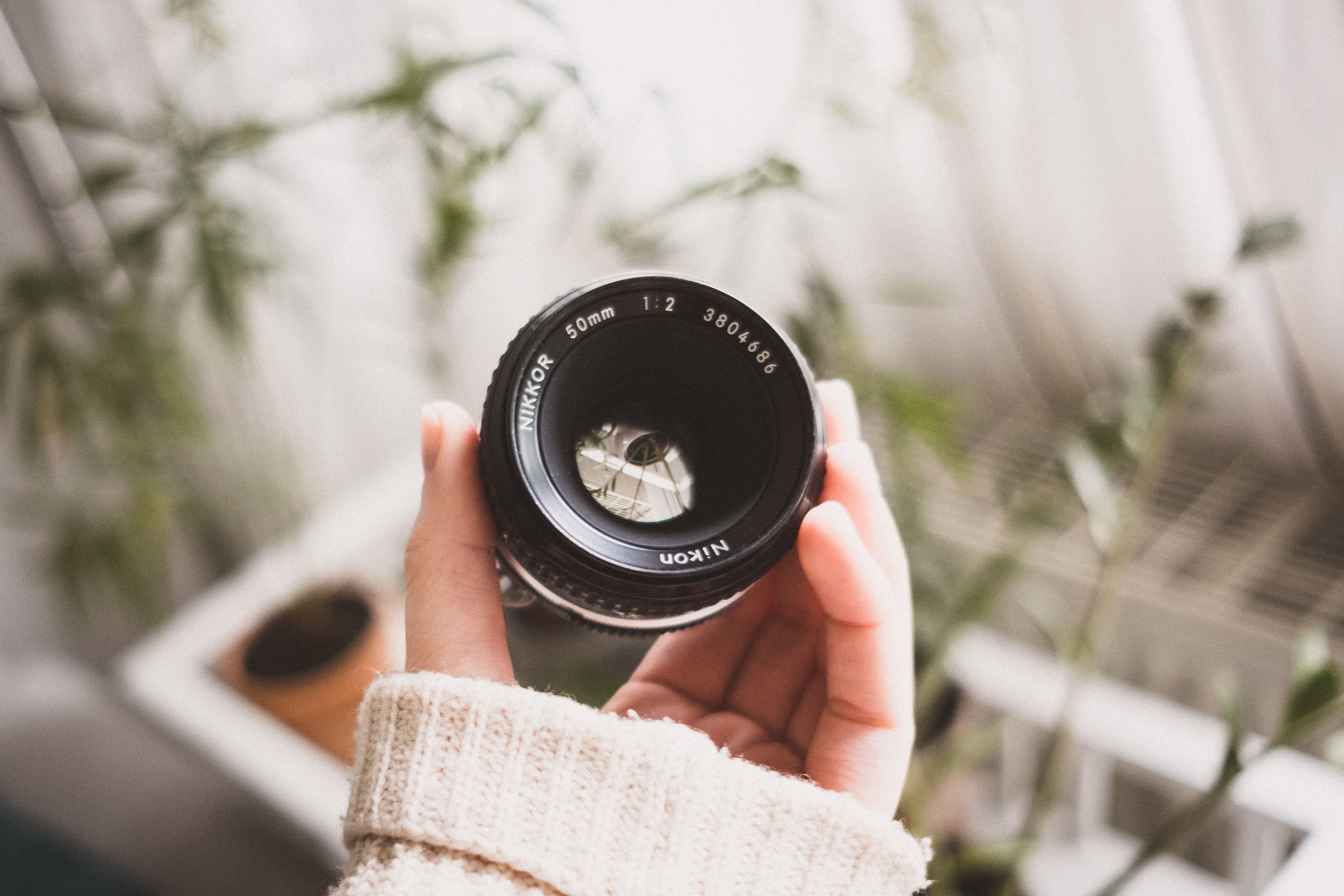If you’ve been in the photography space for any period of time, you’ll almost certainly have heard other creators talk about the 50mm lens—also known as the “nifty fifty”.
The 50mm lens is many beginner photographers’ first prime lens when upgrading from the kit version, but it’s also popular with seasoned professionals.
Why should you invest in a nifty fifty? Keep reading; we’ll reveal seven of the most significant reasons.
1. Affordability
When buying new camera equipment, the cost is crucial for many people. New lenses can cost thousands of dollars, and some are even pricier than the camera body you’ll use them with.
While “expensive” is subjective, the 50mm lens tends to be much more accessible than many other prime lenses on the market. For example, you can get the Nikon 50mm f/1.8 for less than $200 online.
The relatively low cost of a 50mm lens means that it’s a low-risk, high-reward investment.
2. Smaller Size
Regardless of your photography style, having something that’s easy to carry around will save you a ton of stress. Naturally, this isn’t possible in some cases—but with the 50mm lens, you can stick it in your bag without needing to move other things to make space.
The 50mm isn’t as compact as, say, FujiFilm’s 27mm lens. However, it’s still small enough to ensure that you don’t attract unwanted attention. Moreover, the lens is pretty lightweight—meaning that it’ll fit nicely into your baggage allowance when traveling abroad.
Because the 50mm lens is relatively small, it’s also easier to carry around in adverse weather conditions. You won’t need to worry about buying a larger camera cover, and your equipment will subsequently remain dry and functioning.
3. Improve Your Creativity
Don’t get us wrong, the kit lens is excellent for building momentum in your early days as a photographer. And if you choose to buy another zoom lens later, you’ll be covered in several scenarios. However, having a prime lens can inspire you to think a little more creatively.
When you use a zoom lens, you can get away with things in certain scenarios; all you need to do is change the focal length. However, with a prime lens like the 50mm, you’ve got nowhere to hide.
Using a 50mm lens forces you to think outside the box. If you’re in a space that’s too compact for the frame you want, for example, you can consider crouching down or trying again from an elevated position.
Because 50mm lenses usually have large aperture ranges, you can also experiment with different styles to see which one suits you best.
4. Learn More About Basic Photography Theories
When you’re in your early days as a photographer, the most important thing is getting out there and trying many things. But at some stage, you might find that you’d like to learn more about how to improve your craft from a theoretical perspective.
If you’re past the beginner phase where you capture anything and everything, using a 50mm lens can teach you more about photography theories. For example:
- Using a wider range of focal lengths can help teach you about the exposure triangle.
- Having to think about how you take your images can teach you new composition skills, such as the rule of thirds.
By learning more about the most fundamental photography theories, you can improve the quality of your images. This will free up more time for you to think of the story behind them, which ultimately will make you a better photographer.
5. Sharpness
The person behind the camera will always play the most crucial role in how good or bad an image looks. However, your gear still helps to an extent; using a lens that isn’t as sharp as others could hinder your results significantly.
Image sharpness will differ depending on the brand you use, as well as whether you use a lens made by your manufacturer or a third-party one. But for the most part, they tend to be pretty good.
Buying a 50mm lens will enable you to take sharper images than you would with the kit lens, even if you were to learn no other skills. And once you see that you’re getting better results, you’ll feel more motivated to keep shooting.
6. Versatility
Some photographers will swear by using one lens for a particular style of photography. For example, many will only use the 85mm for portrait photos. But every lens has multiple use cases—and the 50mm is commonly lauded as one of the more versatile ones.
50mm is the perfect focal length for trying a whole range of photography styles. It’s excellent for street shots, but you can use it just as effectively for portraits and landscapes. On top of that, it’s also usable regardless of whether you’re inside or outdoors.
Because the 50mm lens is so versatile, it’s an excellent choice if you’re not yet sure which style of photography is your favorite. And if you fancy experimenting with something new, it’s a low-risk option.
7. Low-Light Photography
Low-light photography is a notoriously tricky style for many people to master. It would be best if you had a lens that lets more light in, and kit lenses frequently cannot accommodate you in this respect.
50mm lenses usually drop to at least f/1.8, with some going to f/1.2 and below. Because of this, it’s much easier to take photos in the dark—and you’ll have a little more legroom before you need to use a tripod.
Consider Adding the 50mm Lens to Your Kit
With so many additional lenses that you can buy for your camera, knowing which one you should choose can be a little tricky. If you’ve never tried shooting with a prime lens before, you can do much worse than picking up a 50mm and giving it a try.
50mm lenses are excellent in various situations, and they’re easy to carry around wherever you go. Buying one will empower you to think more creatively as a photographer, along with learning more about the craft and ultimately improving your skills.




